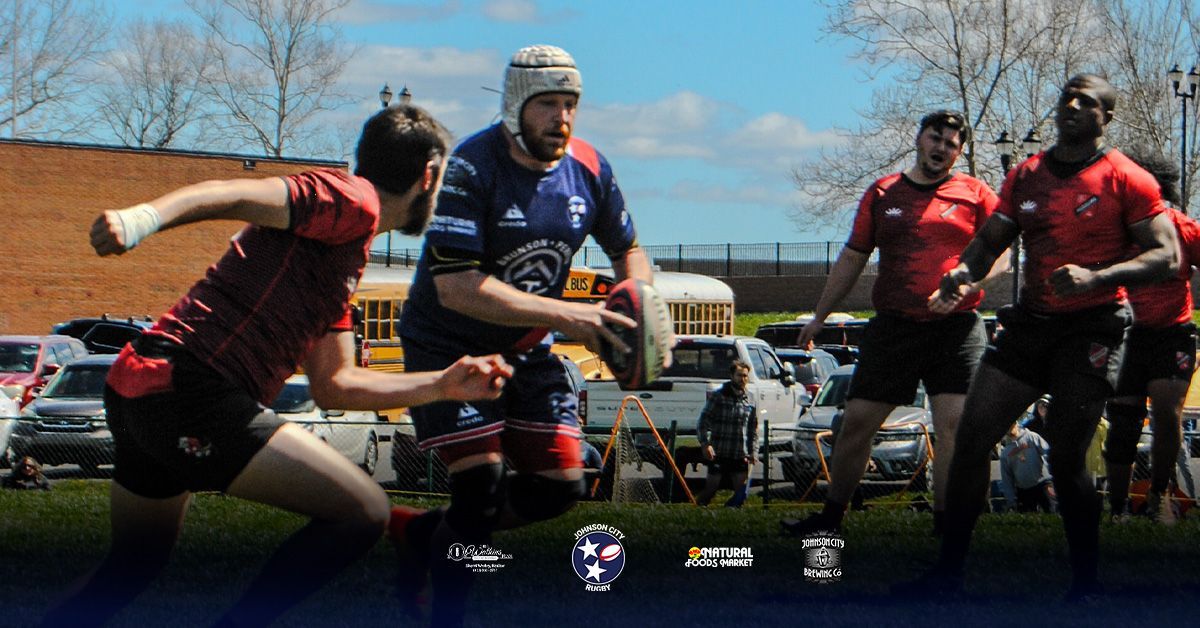Principles of the Game: Object
Adam Jasenak • August 25, 2024
The Objective of Rugby: More Than Just Scoring Points

At its core, the objective of rugby is straightforward: score more points than the opposing team. However, this goal belies the sport's complexity and depth.
In rugby, points are accumulated through various skillful actions. Players can carry the ball across the goal line, pass it to a teammate who does so, kick it through the goalposts, or ground it in the in-goal area. Each method requires different abilities and strategies, making rugby a multifaceted sport that rewards diverse talents.
What sets rugby apart is that scoring points is only part of the game. The objective is linked with how those points are achieved. The laws of the game, sporting spirit, and fair play are crucial components of rugby's goal.
This means that while players strive to outscore their opponents, they must do so within rules and the spirit of the game. Rugby's objective is to win with integrity, not just to win.
The focus on sportsmanship elevates rugby beyond a physical contest. It becomes a test of character as much as skill or strength. Players are expected to respect opponents, officials, and the game, even in competition.
The blend of competitive drive and ethical play makes rugby special. The game's objective isn't just the scoreboard numbers, but how they're achieved. It's about striving for victory while upholding the values that make rugby more than a sport – it's a code of conduct, a philosophy of competition.
The true objective of Rugby is to create a contest where skill, strategy, and physical prowess meet sportsmanship and respect. It's a game where how you play is as important as how much you score.

This summer, Johnson City Rugby is hosting Wagon Wheel 10’s, a fast-paced 10-a-side tournament featuring men’s and women’s brackets. Teams from across the region will take the field, bringing strong competition and high-energy play. The tournament will take place at: Woodland Elementary 2303 Indian Ridge Rd, Johnson City, TN 37604 Registration is open, and teams are locking in their spots.

As Johnson City Rugby gears up for another promising year, two pillars of leadership, Andy Slagle and Adam Jasenak, continue to shape the team’s future with their unwavering commitment and vision. Their passion and dedication are the driving forces behind the success and growth of the club, both on and off the field.









